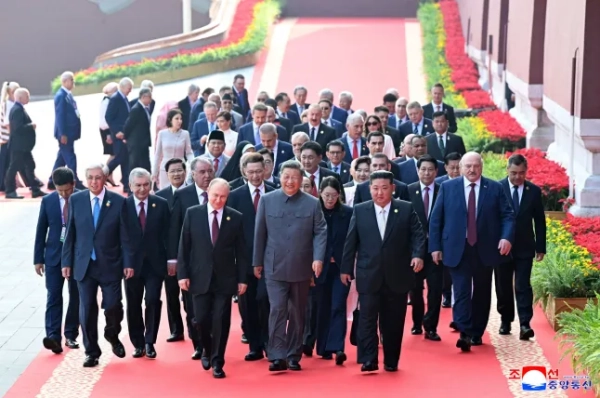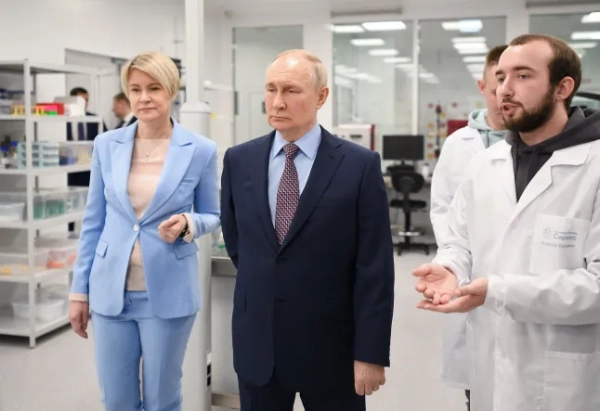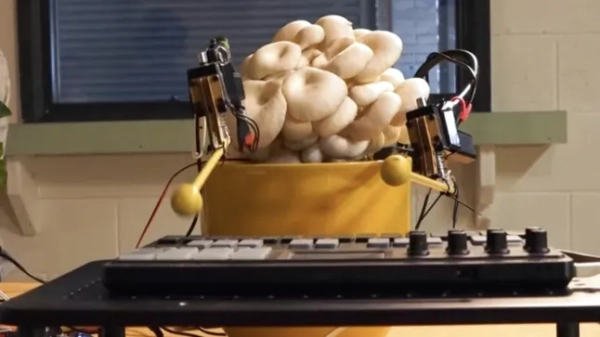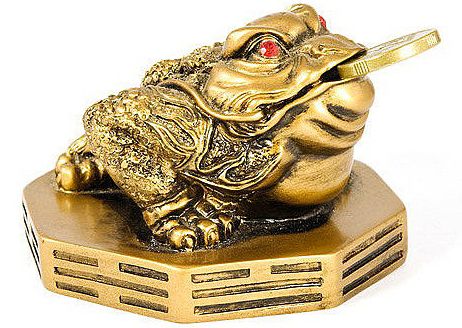To view this video, please enable JavaScript and consider upgrading your web browser to a version that supports HTML5 video.
Next
Hot mic moments are not uncommon in politics and can give citizens a real sense of what their leaders are thinking and feeling.
A recent conversation between Vladimir Putin, Xi Jinping and Kim Jong-un, recorded without their knowledge, has raised eyebrows as the three leaders enthusiastically discussed the possibility of living to 150 years or even achieving immortality.
But while the topic may seem like science fiction, one scientist said some of his ideas could be “viable.”
The leaders of Russia, China and North Korea communicated through interpreters as they made their way to Beijing's historic Tiananmen Gate.
Putin said: “Thanks to constant progress in biotechnology, human organs will be transplanted more and more often, which will allow us to live younger and younger and, perhaps, even achieve immortality.”
Xi Jinping nodded encouragingly and added: “This century, people are expected to live to 150 years old.”

“People used to rarely live to be 70, but today at 70 you are still a child.”
Putin and Xi are both 72 years old, with the Chinese president only nine months younger than his Russian counterpart.
Although Kim is only 41, he appears to share the ambitions of Chinese and Russian leaders to hold on to power for as long as possible.
And one scientist claims that the possibility of extending human life to 150 years with the help of a head transplant is much closer than the average person might think.
How realistic is a “head transplant”?
To view this video, please enable JavaScript and consider upgrading your web browser to a version that supports HTML5 video.
Next
Alex Zhavoronkov, originally from Latvia but now living in China, is the founder of Insilico Medicine, a company developing drugs based on artificial intelligence.
Last month, he spoke at the world's largest longevity conference in Denmark, where nearly 200 scientists spoke about ways to extend our lives.
He told MailOnline that many scientists were “working on developing technologies for whole-body transplants” and said transplanting young organs or the whole body, also known as “body replacement”, was a “viable strategy” for prolonging life.
Educated in Canada and the United States and with a PhD in physics from Moscow State University, Zhavoronkov last year funded an eight-minute video demonstrating how a human head transplant might work.
The body will come from a young, brain-dead donor, and the older person's head will be removed and surgically attached to the donor's body.
But a head transplant isn't the only way to turn back time.
How else could Putin prolong his life?

Some companies are working on growing certain cells in the laboratory to help repair damaged organs.
Others are studying “recellularization,” which uses the scaffold of an existing organ but replaces the old tissue with new.
Meanwhile, others are experimenting with “bioprinting” – using a 3D printer to create organs that can then be implanted into a person.
More trends
-

There's a band in Manchester where the drummer is literally a mushroom.
Weird 7 days ago
- The Spanish Village Where People Go Crazy Throwing Ham
- A sea creature called the ratfish uses tooth-covered rods on its forehead for sex.
- The cat's paw prints were taken and photographs were taken after it scratched police officers.
Putin’s interest in preserving youth is not new. Last year, he announced a project called “New Technologies for Preserving Health,” in which he tasked researchers with working on “medical preparations aimed at reducing the burden of cellular aging.”
The Russian Ministry of Health has also commissioned researchers to study the potential of neurotechnology to prevent cognitive decline, methods of “correcting the immune system based on critical markers identified during the aging process,” and bioprinting.
In 2022, the Russian government spent more than 57 million rubles on bioprinting, and a year later, a Russian company became the first in the world to “print” skin directly onto an open wound.
However, progress stalled after many leading scientists fled the country following the invasion of Ukraine.
Sourse: metro.co.uk





